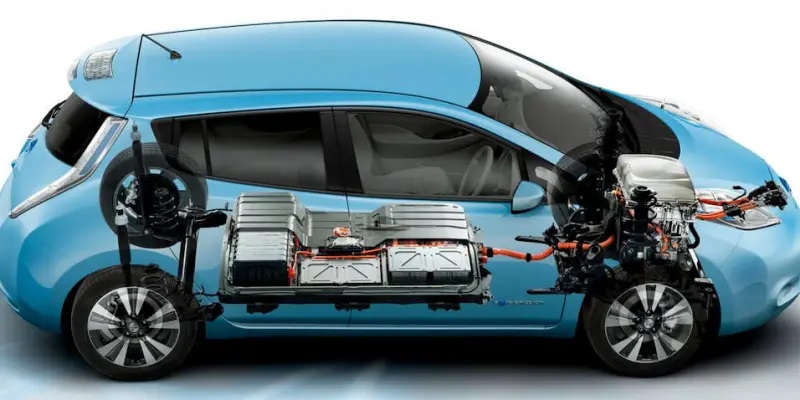Lead-acid batteries are less commonly used in modern electric vehicles (EVs) due to their weight, limited energy density, and other performance limitations compared to alternative battery technologies, such as lithium-ion batteries. Lithium-ion batteries are the predominant choice for electric vehicles today because of their higher energy density, lighter weight, and better overall performance.
However, lead-acid batteries have been historically used in some electric vehicles, especially in older or smaller applications where cost considerations or specific design requirements played a significant role. There are a few important considerations and limitations if lead-acid batteries were to be used in electric vehicles:
- Weight: Lead-acid batteries are heavier than lithium-ion batteries, which can significantly impact the overall weight of the vehicle. This can affect the vehicle’s efficiency, range, and performance.
- Limited Energy Density: Lead-acid batteries have a lower energy density compared to lithium-ion batteries. This means they store less energy per unit of weight or volume, resulting in a shorter driving range for electric vehicles.
- Cycling Life: Lead-acid batteries, especially traditional flooded lead-acid batteries, may have a limited cycle life compared to lithium-ion batteries. Lithium-ion batteries typically offer a higher number of charge/discharge cycles before significant capacity degradation occurs.
- Charging Time: Lead-acid batteries may have longer charging times compared to lithium-ion batteries, limiting the convenience of electric vehicle use.
- Performance: Lead-acid batteries may not provide the same level of performance in terms of power output and acceleration as lithium-ion batteries.
While lead-acid batteries are not the preferred choice for mainstream electric vehicles, they may still be used in specific applications where cost, simplicity, or other factors are more critical than maximizing performance or range. It’s important to note that as technology continues to advance, the use of lead-acid batteries in electric vehicles is becoming less common, with lithium-ion and other advanced battery technologies taking the lead in the electric transportation sector.


